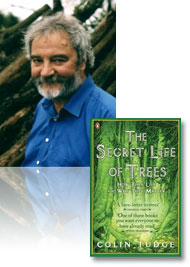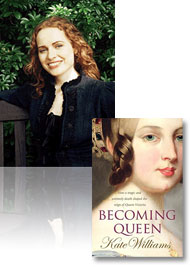Colin Tudge read zoology at Cambridge and then became a writer, first for magazines, including New Scientist, and then for the BBC. Since then he has focused increasingly on books, writing on agriculture and conservation and on genetics and evolution.
My favourite books of the decade are:
More and more I am interested in the kinds of questions that people used to ask in the Middle Ages and then lost interest in, or assumed they knew the answer to - or, like many a modern scientist, decided weren't worth asking since science couldn't answer them. Such as: what is the Universe really like, behind the science? What is life really like? How can we find out? How can we know what's true?
|
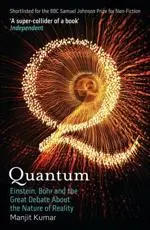 |
Quantum by Manjit Kumar
In such vein of late I have hugely admired Manjit Kumar's Quantum, truly getting to grips with the debates of Einstein and Bohr and their predecessors and disciples - showing with brilliant clarity that modern physics is even more intricate than most of us suppose it to be, and leads us, as great science invariably does, to uncertainty - which we just have to live with.
Buy the book
|
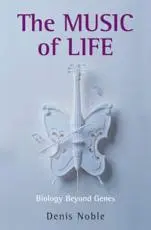 |
The Music of Life by Denis Noble
Denis Noble in The Music of Life shows with comparable clarity and grace that life, the climactic achievement of the universe, is not what the neodarwinians have been telling us it is: that DNA is not the boss but the resident librarian, releasing information only when asked - in truth engaged in perpetual dialogue with the world at large; that life itself is dialogue.
Buy the book
|
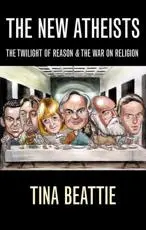 |
The New Atheists by Tina Beattie
For good measure in The New Atheists Catholic theologian Tina Beattie reveals very cogently the limits of simple scientific reductionism, and indeed of what is nowadays called rationality.
Buy the book
|
All very solid stuff - yet pleasantly easy reading. No ice-blocks required. Who could ask for more?
|
Back to top
|
|
|
Sarah Waters was born in Wales in 1966. She has a Ph.D. in English Literature and has been an associate lecturer with the Open University. In 2003, she was named Author of the Year three times: by the British Book Awards, The Booksellers' Association and Waterstone's Booksellers. She was also chosen as one of Granta's Best of Young British Novelists in 2003. She has been shortlisted for the Man Booker and Orange prizes and three of her four novels have been adapted for television.
My favourite books of the decade are:
|
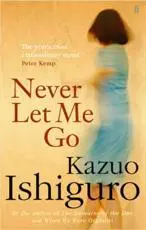 |
Never Let Me Go by Kazuo Ishiguro
What always impresses me about Ishiguro's fiction is the extraordinary power he manages to evoke from narratives that seem, on the surface, to be inarticulate or even banal. That's particularly true of this novel, which deals, obliquely, with human cloning and organ transplant, and is one of the most unsettling books I've ever read.
Buy the book
|
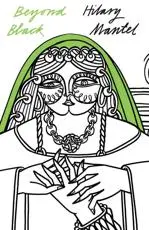 |
Beyond Black by Hilary Mantel
As someone with a long-time guilty attraction to spiritualism, I loved this story of a professional medium, Alison Hart. But I loved it too for the quality of Mantel's writing, which is never less than superb; and because it's a dark modern gothic, often very funny, but also regularly downright disturbing.
Buy the book
|
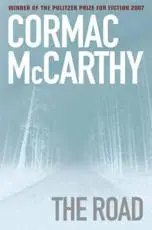 |
The Road by Cormac McCarthy
For me, this story of a father and son's trek across a nightmare, post-apocalyptic American landscape was the decade's most memorable novel. It's a book of spare, bleak beauty that's also nail-bitingly compelling. It's scary, tender, wise - and life-affirming, despite the harshness of the world it evokes. A true masterpiece.
Buy the book |
Back to top
|
|
|
Kate Williams fell in love with the eighteenth century whilst studying for her BA at the University of Oxford. She has an MA from Queen Mary, University of London and a DPhil from the University of Oxford. Her articles and essays have been published in a wide range of books and journals and she is a lecturer and TV consultant, appearing regularly on BBC and Channel 4 to discuss her work. She lives in London.
My favourite books of the decade are:
|
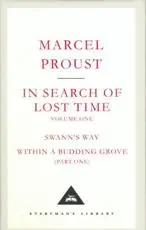 |
In Search of Lost Time (6 vols) by Marcel Proust
The greatest meditation on love, the most penetrating investigation of the construction of identity, and perhaps the most important modernist text, Proust's 3000-page novel shines in the new six volume translation by Lydia Davis et al. Although the original C.K. Scott-Moncrieff translation has been thoroughly revised, Prendergast and his colleagues have produced a version that is closer to the original text, sensitive to the intricate nuances of Proust's imagination and playfully responsive to his biting wit.
Buy the books
|
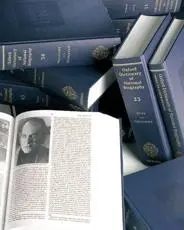 |
Dictionary of National Biography
The first Dictionary of National Biography was published in 1885, and reflects the values of its time. The 60 volume modern version reassesses the subjects of the original edition, exploring those who the Victorians overlooked, and describing the endeavours of those who have changed our world in the twentieth and twenty-first century. Indispensable.
Buy the book
|
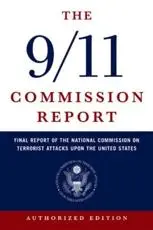 |
The 9/11 Commission Report
Although produced by those appointed by President Bush and his government and criticised as flawed, even fallacious, this is the most important historical document of our time. It may be focused on the failure to prevent the attacks and the immediate response, but there is also much that gestures towards the reasons behind our changed world: war in Afghanistan, invasion of Iraq, resentment and defensiveness in the Middle East, and the rise of a wounded, vengeful United States.
Buy the book |
Back to top
<<< Back
Next >>>
|
|
|





